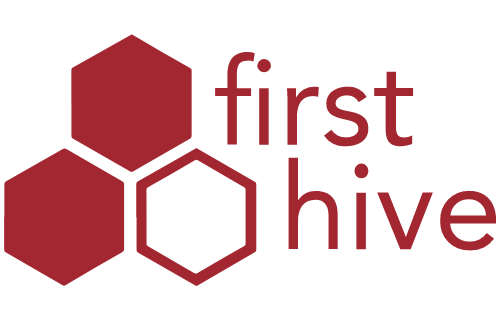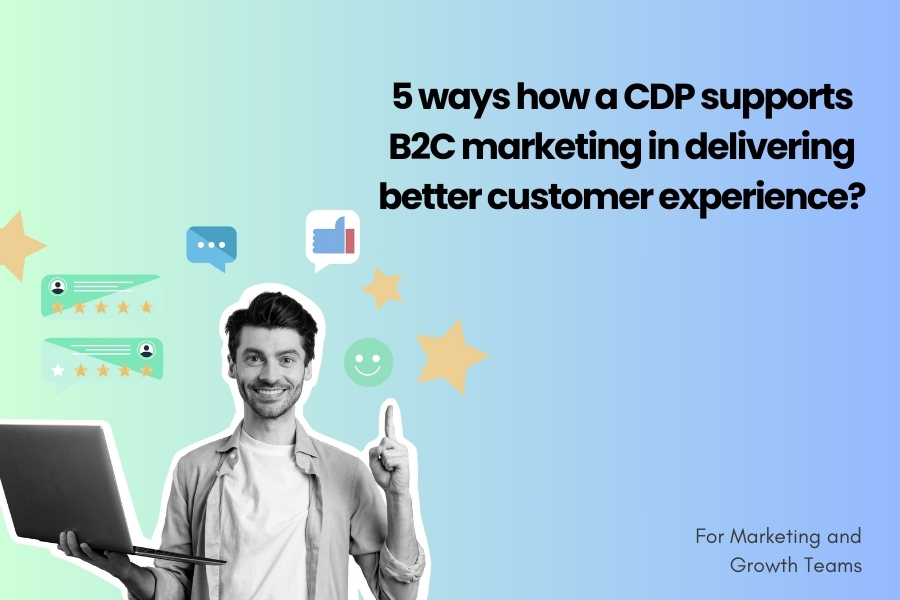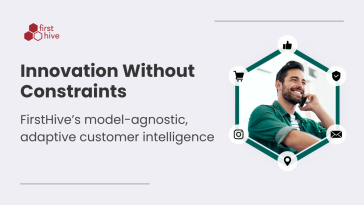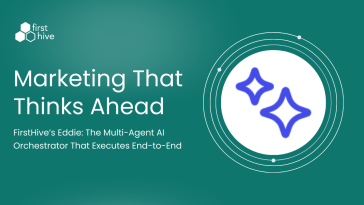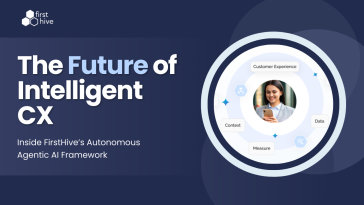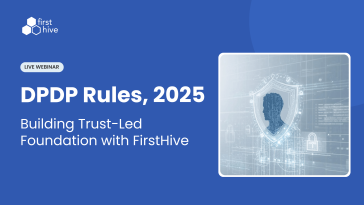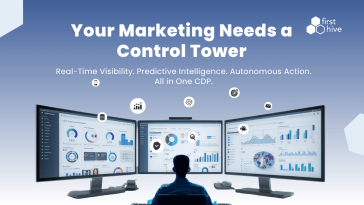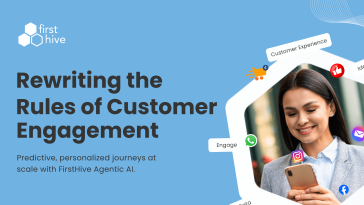If there was one reason to highlight, why marketing teams or revenue teams are failing to deliver great customer experiences, it would be lack of a cohesive and unified Single customer view. We figured out 5 hacks that would help you in delivering great customer experience.
5 hacks to deliver better Customer Experience
1. Remove high-effort tasks
The tougher a task, the higher is the probability of giving up. The tasks or jobs that your customers must perform on your product to accomplish something have to be simplified. The famous recommendation is, “Three steps and not more”. Every task, either offline or online, must be completed in either three steps or less.
Two data points that – Bounce rate and Abandon rate can indicate if the experience turns out to be easy or complex. Another data point that indicates is ‘idle time’. Using tags and heat maps, you can identify if a customer is finding a task difficult or not.
There are two other subjective factors that help you identify high effort tasks. One is an intuitive approach. To find out whether there are many tickets that are raised by customers attributed to a certain section of your product or specific features of the product. The second way is a proactive approach where you reach out to your customers through feedback forms and surveys that help them score your product on different parameters of ease of use.
2. Identify and optimize high-conversion touchpoints
Customers naturally lean towards a few touchpoints along their journey while discovering and using your product. Identify those touch points. Replicate the high interaction touch points with the low interaction ones. Optimize them for better usage and conversion.
The more you see a user using your product for a certain need, the easier it would be for your customer success teams and sellers to sell better.
Break down product usage into smaller tasks with goals assigned to each task. Score successful completion of tasks vs faltered completion of tasks.
3. Watch the Customer Closer: Know your Customer
The customer won’t be the same always. She evolves with time. Her purchase preferences change, her behavior changes, new patterns of her personality emerge. This requires you to update the customer identity to their closest resemblance.
This also means that every customer’s data points should also be updated constantly. The customer’s profile input across multiple channels must be tracked and aligned to a constant identity. A CDP collects data across multiple channels and touch points through a process called data ingestion. And updates the customer identities with the most recent and relevant data points. This is called data enrichment.
These two processes together with unique identifiers also support in building unified customer identities.
This acts as a strong foundation to further customizing messaging and campaigns to target closed groups of customers.
4. Build an Acknowledgement and Appreciation campaign
When customers gain acquaintance with your products and become avid users, acknowledge their loyalty in different ways. Appreciate them and help them flaunt badges in their social circles. These could be scores, badges, certificates, titles, coupons, digital wallet points, etc.
FirstHive’s CDP also provides a loyalty marketing system which is enabled by channel partner onboarding and engagement plus last mile tracking.
5. Improve time to resolution
Integrating customer data with customer success systems throws a lot of insights. When they come together as platforms, the merged data would showcase which of their tickets are facing a delay in resolution.
Reducing time to resolution, uplifts customer experience. It builds more trust around the brand and lays a strong foundation for a long-term relationship.
With a unified customer profile, you can explore which features are being used more by a customer and how they are being used. This also provides feedback to product makers and designers on which features, and aspects need to be improved or optimized for the customer.
Access the full series of Growth-oriented Customer Experience here.
